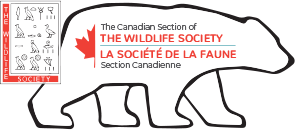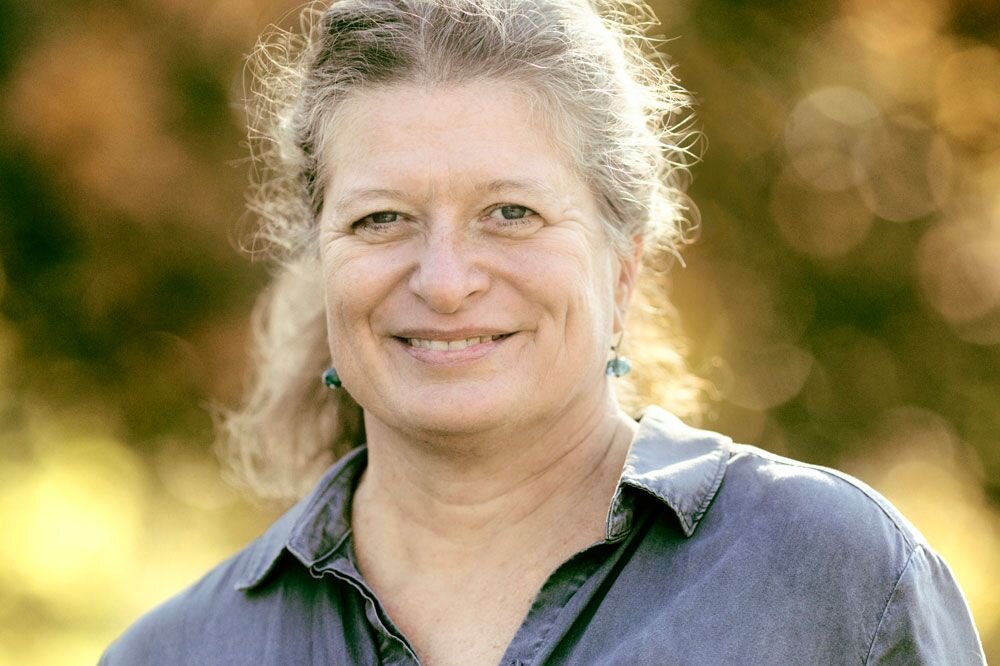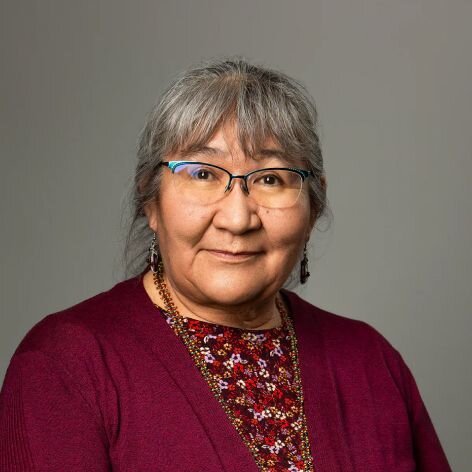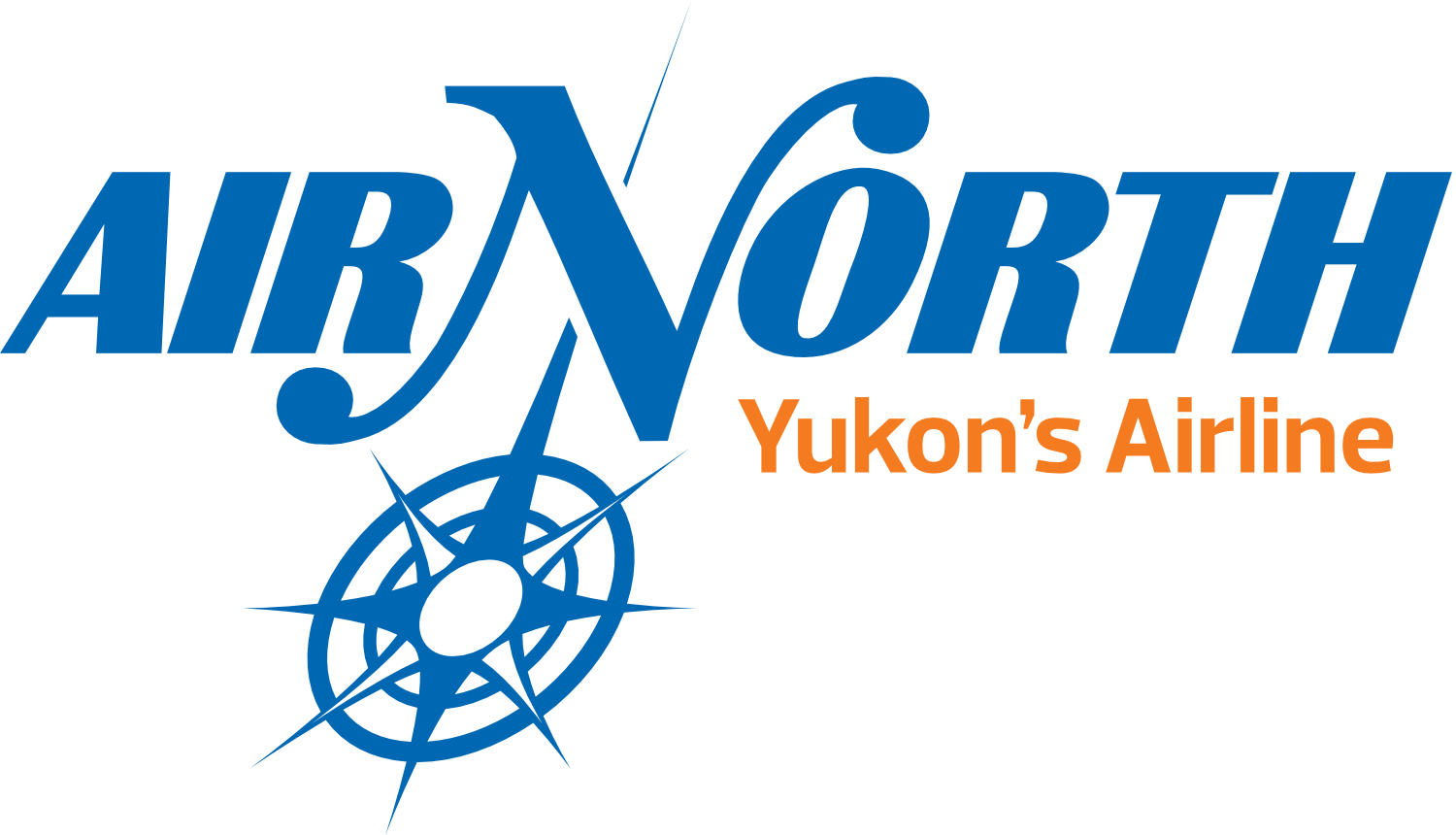
We collect basic website visitor information on this website and store it in cookies. We also utilize Google Analytics to track page view information to assist us in improving our website.
The symposium brings together a collaborative network of individuals, organizations, and Indigenous Nations who work in the realm of wildlife policy to share insights and discuss future directions relative to wildlife policy and governance in Canada at the federal level.
Join us for two days of presentations, plenary discussions, and networking!
DOWNLOAD THE SYMPOSIUM SCHEDULE HERE
We are so pleased to be working with a number of incredibly talented individuals as part of our symposium and to be able to host a screening of the documentary, Signal Fire.

Dr. Christina Davy, Associate Professor, Carleton University
Dr. Christina Davy is an Associate Professor in the Department of Biology at Carleton University. Her research integrates disease ecology, behavioural ecology, and conservation genomics to inform the recovery of species at risk, especially bats, amphibians and reptiles. She previously worked as a Research Scientist with the Government of Ontario, and served as on the Board of Directors for the Canadian Herpetological Society from 2017-2024. She also served on the Committee on the Status of Endangered Wildlife in Canada (COSEWIC) from 2018-21 as a jurisdictional member, and rejoined the committee in 2025 as a non-governmental science member.
Marlene Liddle - Stewardship Director of Lands, Haida Nation
Kung K_ayangas/Marlene Liddle is a Haida from the Yagulaanas Raven Clan from Northern Haida Gwaii. She has been involved with the work of the Haida Nation for over 20 years and has the responsibility with her team to be stewards of 1 million hectares of land, and she has a seat at the Solutions Table as Co-chair. Since 2007 she has carried on the practice of weaving red and yellow cedar bark in her spare time.
Marlene will talk about how Indigenous perspectives bring crucial elements to wildlife management that conventional approaches often miss and how the Haida Nation is sharing place-based knowledge with partners, governments, and professional organizations to achieve meaningful stewardship.

Dr. Justina Ray
Dr. Justina Ray has been President and Senior Scientist of Wildlife Conservation Society Canada since its incorporation in 2004, and has led research and policy efforts focused on biodiversity conservation in northern boreal landscapes, including the far north in Ontario. She has served on numerous government advisory panels on species at risk and land use planning and is an Adjunct Professor at the University of Toronto and Trent University.

Paul Okalik
Paul is a proud Inuk, who was born and raised in Pangnirtung on the entrance to what is now known as Auyuittuq National Park. In his role with WWF-Canada, Paul focuses on working with communities across Nunavut on barren-ground caribou and marine conservation. He brings to WWF experience as a lawyer and as the first premier of Nunavut, with a history of balancing the interests of the federal government and the central Inuit concern for the health of wildlife. He was also one of the negotiators for the Nunavut Land Claim Agreement. Paul is a survivor of both federal day and residential schools with a BA and LLB.
In Paul Okalik's talk, Supporting priority conservation projects for Inuit in Nunavut, Paul will discuss how Inuit priorities must be at the centre of all conservation efforts in Nunavut. Examples of how past colonial efforts have excluded priority areas for Inuit will be contrasted with current Inuit-led efforts the protect areas of importance for species such as barren-ground caribou, as well as culturally important landscapes for land-based activities. Further examples of the barriers still put in place by governments along with the challenges communities face when dealing with industrial development projects will inform a discussion on ways forward towards healthy people, environments and economies in the North.
Justin Duncan
Justin Duncan is a public interest lawyer with over 20 years of experience working on conservation issues. He has degrees in biology and environmental science, and law and a post-graduate diploma in ecological restoration. Justin has worked in both the government and the not-for-profit sectors and as an adjudicator in various environmental and land use planning tribunals. The majority of his work in the not-for-profit sector focused on collaboration with Indigenous clients and partners on regional land use planning, resource management, recovery of species at risk, and freshwater restoration. Most recently, he has been providing advice to the Canadian Section of the Wildlife Society on how to begin advocacy efforts at the federal level in Canada. He was also recently appointed to the Environmental Protection Tribunal of Canada by former Minister of Environment and Climate Change Stephen Guilbeault.
In Justin Duncan's talk, he will provide a situational overview of his analysis conducted for CSTWS over the past year through a Strengths, Weaknesses, Opportunities, Threats and Constraints (SWOT-C) framework. The presentation is intended to stimulate discussion around how wildlife is managed federally, where some opportunities exist to improve, and identification of potential launching off points for focused advocacy efforts to improve federal wildlife management.

Mark Boyce
Mark Boyce is Professor of Ecology at the University of Alberta. He holds the Alberta Conservation Association Chair in Fisheries and Wildlife. He is a Fellow and Life Member of The Wildlife Society and has served as President of the Canadian Section TWS, Alberta Chapter TWS, Wisconsin Chapter TWS and the Yale University Student Chapter of TWS. He was Editor in Chief of The Journal of Wildlife Management, and he has been a member of TWS since 1971. Currently he chairs the Conservation Affairs Committee for the Alberta Chapter of The Wildlife Society.
Mark's talk will focus on academia and whether or not academics can make a difference, arguing that they can make a difference by (1) educating new wildlife professionals, and (2) focusing research that can influence management.
Tristen Simon & Malcolm Fenech - Unama'ki Institute of Natural Resources
Alyssa Pogson - student, Carleton University
Dee Patriquin & Emma Hirsch - Flatiron Dragados Construction Inc.
Darren Sleep - Sustainable Forest Initiative
Dr. Amy Chabot - African Lion Safari
Remington Bracher - student, University of B.C., Okanagan
Bill Harrower - B.C. Ministry of Water, Land and Resource Stewardship
"Rethinking natural science research with respect, recognition, understanding and collaboration." This film is based on the document, “Towards Reconciliation: 10 Calls to Action to Natural Scientists Working in Canada”, written by a group of Canadian scientists and Indigenous elders and scholars. This document is available on the film's website.
Gùdia Mary Jane Johnson, one of the Indigenous Elders involved with this project, will join us over Zoom and introduce it. Mary Jane will stay with us online until the film finishes and will be able to answer a few questions from the audience based on her own experiences and perspetives. We are honoured to have her with us as part of our film screening.

Gùdia – Mary Jane is a Lhu’ààn Mân Ku Dashaw – Elder who worked for Kluane First Nation and with Parks Canada over 50 years on protected areas, environment, cultural, and Indigenous language issues. She is a champion for Indigenous language revitalization while partaking in a community that actively lives their culture.
She has contributed to the: Truth and Reconciliation Commission Report Response Task Force addressing the TRC’s Call to Action #70 reporting to the Standing Committee on Canada’s Archives; Canadian Mountain Assessment: Walking Together to Enhance Understanding of Mountains in Canada; Lhu’ààn Mân Keyi Kwanje Nààtsat: Kluane Lake Country People Speak Strong; and, the Facets Article – Toward reconciliation: 10 Calls to Action to natural scientists working Canada on which the film Signal Fire is based.
She continues to contribute an objective perspective to several boards and committees and sits as an active committee member on:the Asi Keyi Natural Environment Park Management Plan Steering Committee; The Pickhandle Lakes Habitat Protection Area Steering Committee the Canadian Mountain Network: Research Management Committee (transitioning to Braiding Knowledges Canada – beginning April 1st, 2024); and, Kluane First Nation – Citizenship Committee.
The Canadian Museum of Nature is located at 240 McLeod St, situated between the Byward Market and Parliament area and the Glebe, with places to stay and eat within walking distance or a short taxi ride or Uber.
Hotels close to the Museum of Nature:
Sheraton Hotel - 150 Albert St.
Lord Elgin - 100 Elgin St.
Ottawa Marriott - 100 Kent St.
Delta Hotels - 101 Lyon St.
Courtyard Ottawa Downtown - 350 Dalhousie St.
Metcalfe Hotel - 123 Metcalfe St.
Hilton Garden Inn Downtown - 361 Queen St.
Alt Hotel - 84 O'Connor St.
Questions?
Please send any questions to [email protected]
Registration fees for the symposium include the following options:
To register for this event, please complete both of the following steps:
Complete and submit the registration form
Send an e-transfer with the full cost of registration (tax included) to [email protected] OR click the payment link at the bottom of the page to pay by credit card.
We look forward to seeing you at our upcoming event!
Please e-transfer your registration fee to [email protected]. To ensure that a charitable reciept can be issued promptly, please use the same name and email you provided in the form with your e-transfer (or specify these details in the message section of the e-transfer)
OR
Please click the link below to complete the payment and donation. To ensure that a charitable reciept can be issued promptly, the name and email you provided in the form above should be used in the payment link you choose below:
Professional member registration
We are fundraising to help offset travel costs for our panel speakers and for Indigenous presenters and attendees. Any donation helps! To find out more information on our sponsorship levels, email ed@cstwsca.
Make a donation to the symposium HERE
_Full Color_RGB_DIGITAL.jpg)

Air North has generously donated a prize valued at $3,800. You have to attend the conference to be eligible for this amazing prize!